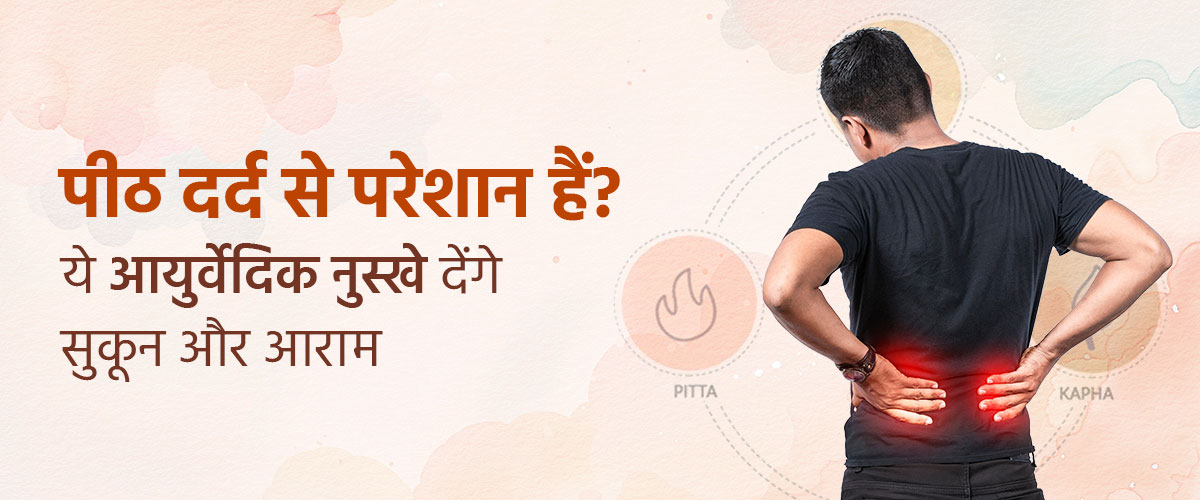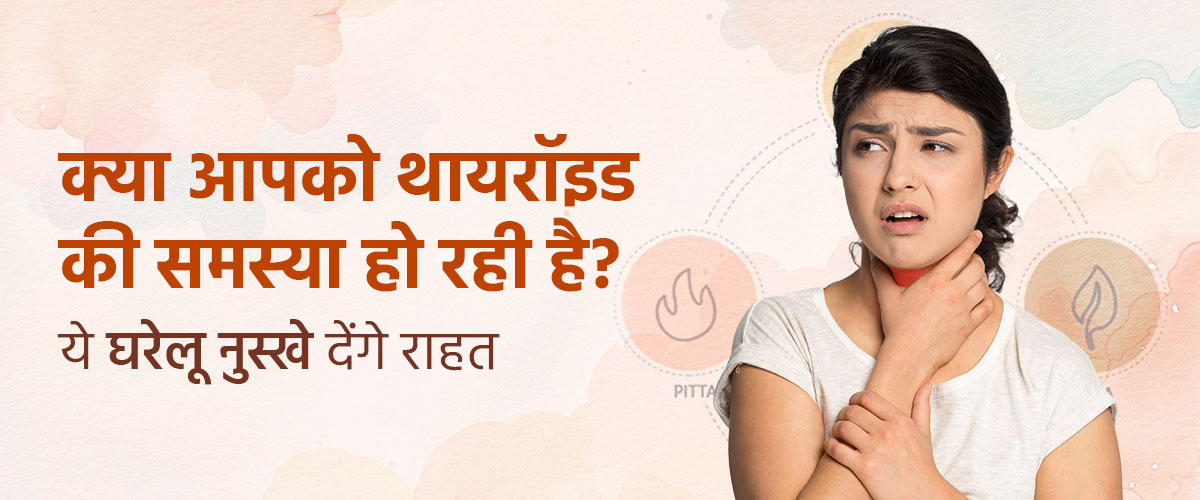Home Remedies for Bloating

Have you ever felt uncomfortably full or tight in your stomach after eating? Bloating is a common digestive issue that makes you feel full and uncomfortable. It happens when your stomach feels swollen or tight after consuming food. This can be due to gas, indigestion, consuming certain food items, etc. Bloating can interfere with your daily activities and make you feel uncomfortable.
Many people experience bloating from time to time. There are many simple and natural ways to ease bloating. Remedies such as herbal teas, some seeds, and dietary adjustments can help you manage bloating naturally. Also, lifestyle changes can help you to manage & prevent bloating.
What is Bloating?
Bloating refers to a feeling of fullness or tightness in the stomach. It is accompanied by discomfort or visible swelling. It could be caused by gas buildup or slow digestion. Bloating is a temporary condition. Excessive burping, a distended abdomen, stomach cramps, and a feeling of heaviness are all symptoms of bloating.
Some people also experience changes in bowel movements (like constipation, diarrhoea, etc.). Bloating could happen to anybody but is more common right after big meals, carbonated beverages, or certain foods. Understanding bloating and its triggers can help you manage it better.
What Causes Bloating?
Bloating can be caused by various factors. It could range from diet choices to underlying digestive issues. Some of the most common causes of bloating have been mentioned below:
Gas Build-Up: Eating gas-producing foods (like beans, lentils, cabbage, carbonated drinks, etc.) can cause excessive gas formation in the stomach.
Swallowing Air: Swallowing air with fast eating, chewing gum, or drinking through a straw can cause bloating.
Food Intolerances: Some people have difficulty digesting lactose (found in dairy products) or gluten (found in wheat). It can lead to bloating and discomfort.
Constipation: Stool buildup can cause bloating & discomfort.
Hormonal Changes: Hormonal fluctuations in females (during their menstruation cycle) can cause bloating.
Processed Foods: Consuming food items that are high in salt and processed foods can cause water retention and bloating.
Lack of Physical Activity: A sedentary lifestyle can slow digestion and also cause bloating.
Home Remedies and Tips
Bloating is disruptive and unpleasant. Many simple & effective home remedies can ease the condition. These remedies work with natural ingredients that help in the digestion of food and reduce gas buildup. Practising these suggestions can help you to manage bloating and boost your digestive system.
Ginger: Ginger has natural anti-inflammatory and digestive properties. It helps to stimulate digestion and reduce gas. You can consume ginger in various ways. You can drink ginger tea by steeping fresh ginger in hot water for 10 minutes. You can also add grated ginger to meals.
Peppermint: The antispasmodic qualities of peppermint calm the muscles and relax the digestive tract. It is an excellent natural treatment for bloating. You can drink a cup of peppermint tea to ease bloating and gas.
Fennel Seeds: Fennel seeds are widely used to treat digestive issues (including bloating). They act as natural carminatives & help to expel gas from the digestive tract. This reduces bloating. You can chew 1 teaspoon of fennel seeds right after meals. You can also drink fennel tea to promote digestion.
Apple Cider Vinegar: Apple cider vinegar improves digestion and also prevents bloating by increasing stomach acid production. Drink 1 to 2 tablespoons of apple cider vinegar mixed with warm water before meals. It will help break down foods and prevent gas buildup.
Activated Charcoal: Activated charcoal cures bloating by absorbing excess gas and toxins in the digestive tract. Taking activated charcoal supplements as directed can help reduce discomfort and bloating.
Chamomile Tea: Chamomile tea is a mild anti-bloating and indigestion remedy. It calms down the digestive system and also eases gas, cramping, and constipation. You can drink a warm cup of chamomile tea before bedtime.
Caraway Seeds: Caraway seeds have been used for centuries to deal with bloating and stomach issues. They contain compounds that prevent gas formation and promote digestion. Add caraway seeds to your meals or chew them after eating.
Warm Compress: A heating pad or warm compress could relax the stomach muscles and ease bloating. The warmth encourages blood circulation in the abdominal area & promotes the release of trapped gas.
Lemon Water: Lemon water is a simple way to aid digestion of food and ease bloating. The naturally acidic nature of lemons stimulates the production and release of digestive fluids in the stomach, which in turn helps to digest food faster and prevent gas buildup. You can drink 1 glass of warm lemon water in the morning (before breakfast).
Papaya: Papaya has an enzyme (papain) that helps digest proteins and ease digestion. This enzyme aids in reducing bloating and gas accumulation in the digestive tract. You can eat fresh papaya or drink papaya juice after meals.
Cumin Seeds: Cumin seeds are an excellent remedy to treat digestive issues, gas, and bloating. They contain compounds that promote enzyme secretion, prevent discomfort, and help in better digestion of food. You can add cumin seeds to your daily meals or chew a few seeds after eating. You can also make cumin tea by boiling the seeds in water for 10 minutes.
Lifestyle and Diet Recommendations
Lifestyle and dietary choices can help reduce bloating & improve digestion. You can follow the below-mentioned lifestyle modification ideas:
Eat Slowly: Chewing food properly and eating at a relaxed pace prevents swallowing excess air. Swallowing air can cause bloating.
Stay Active: Regular physical activity (like walking after meals) promotes digestion and helps move gas through the digestive tract.
Manage Stress Levels: High stress negatively affects the digestion process in the body. You can relax by doing deep breathing, yoga, etc.
Avoid Chewing Gum & Drinking Through Straws: These habits might lead to swallowing air and cause bloating and discomfort.
Get Enough Sleep: Poor sleep could cause digestion problems and bloating. Aim for 7-8 hours of sleep every night.
Limit Alcohol & Smoking: These may upset the digestive tract and increase gas production, which leads to bloating.
Diet for Bloating
Selecting the right food items and staying away from specific food items that trigger bloating will keep your digestive system healthy. You can follow these dietary tips to control bloating:
Increase Fibre Intake: A fibre-rich diet helps with digestion, but sudden increases in fibre intake can also cause bloating. Gradually introduce and increase fibre in your diet.
Limit Gas Producing Foods: Food items (like beans, onions, broccoli, cabbage, and carbonated drinks) increase gas production and bloating. Keep control of the intake of such food items.
Stay Hydrated: Drinking 7 to 8 glasses of water daily prevents water retention in the body. It also supports digestion by flushing excess sodium from the body.
Eat Smaller, More Often Meals: Consume small portions of meals throughout the day rather than big meals. It could lessen stomach discomfort and bloating.
Choose Probiotic-Rich Foods: Foods like yoghurt, kefir, and fermented veggies promote healthy gut bacteria and can aid in digestion.
Reduce Intake of Processed Foods: Water retention and bloating could be caused by high-sodium and refined foods. Go for whole, natural foods instead.
Avoid Artificial Sweeteners: Sugar substitutes (like sorbitol and aspartame) are hard to digest and can cause bloating.



 Prev
Prev































































































































